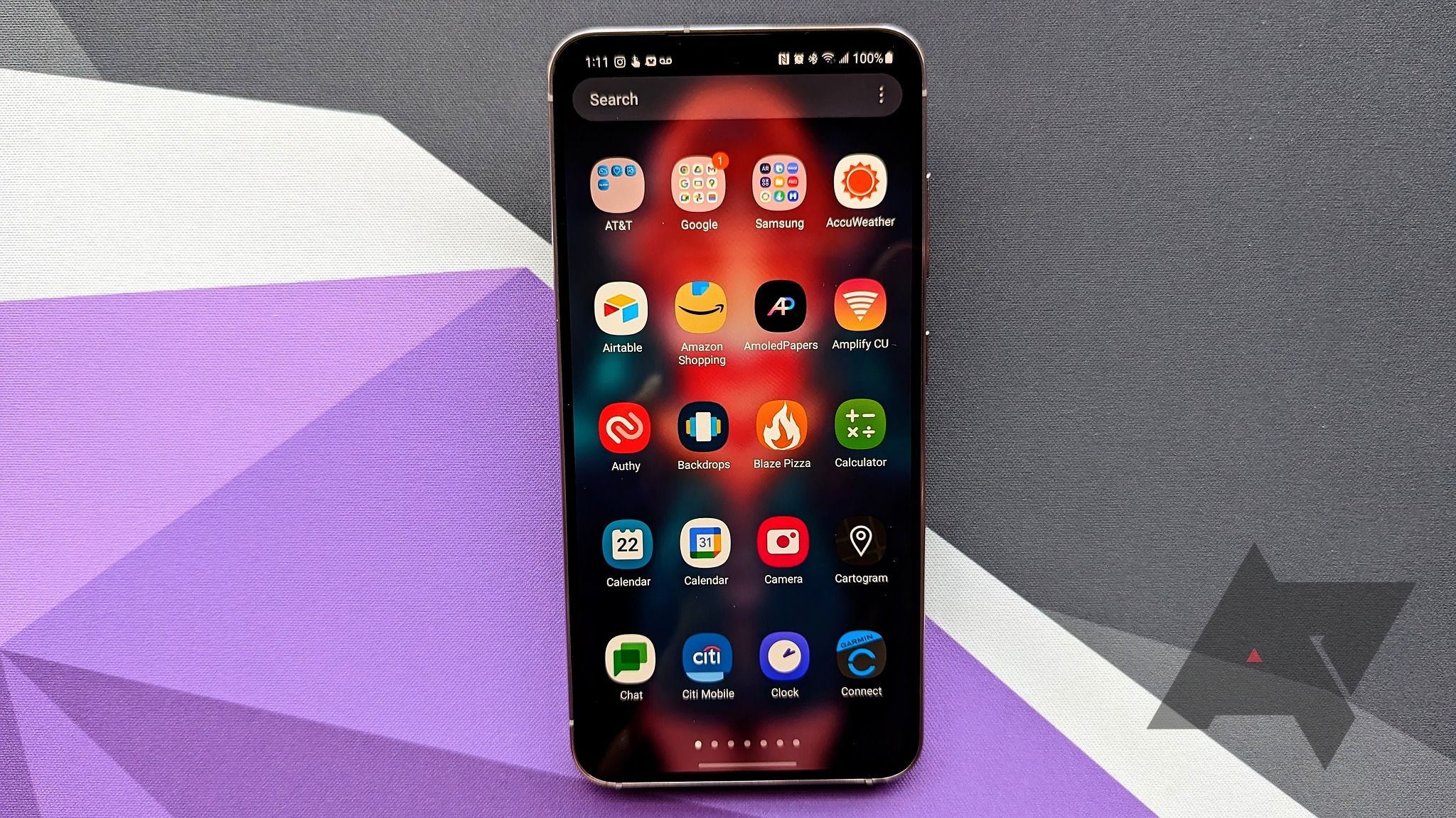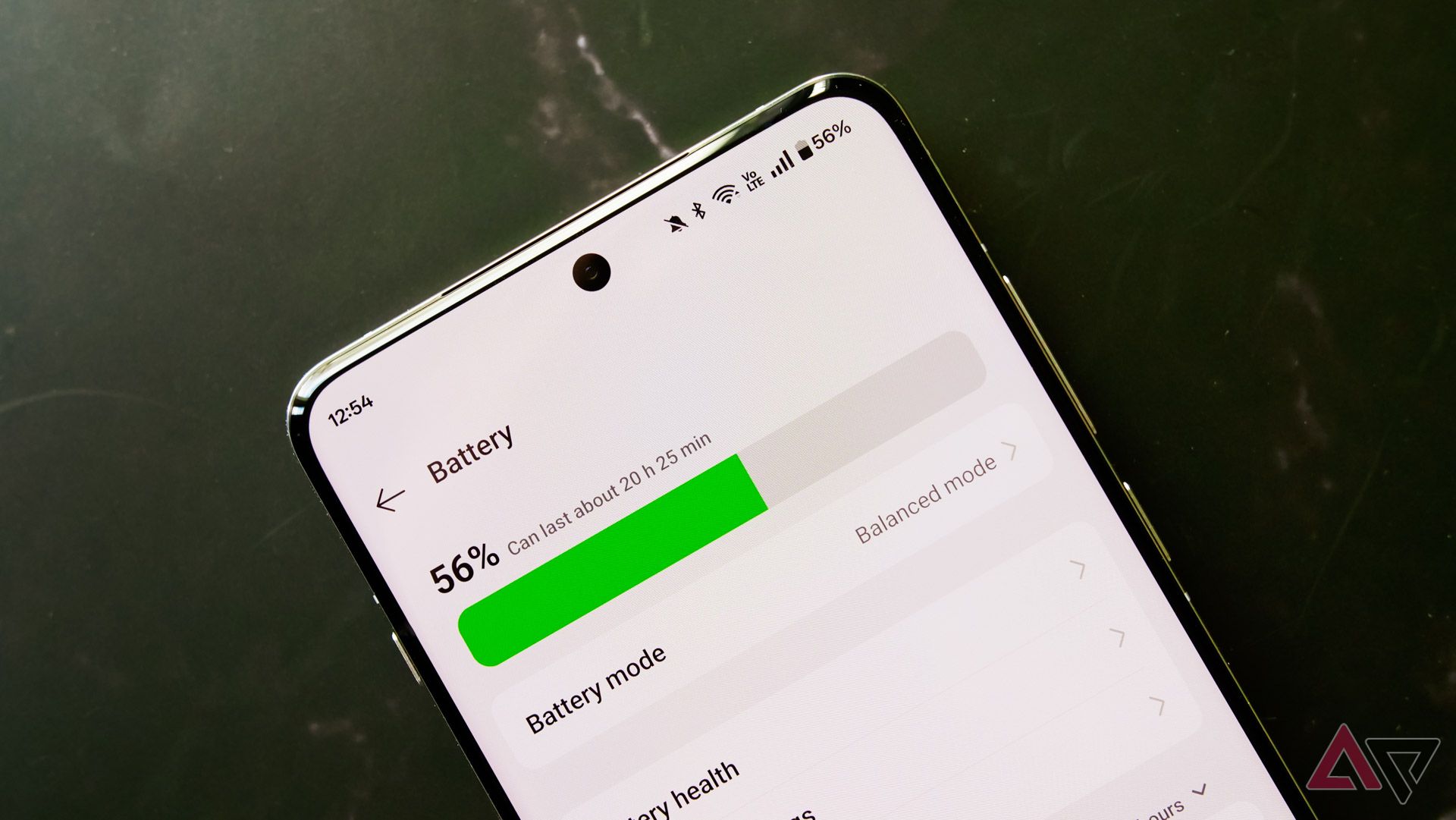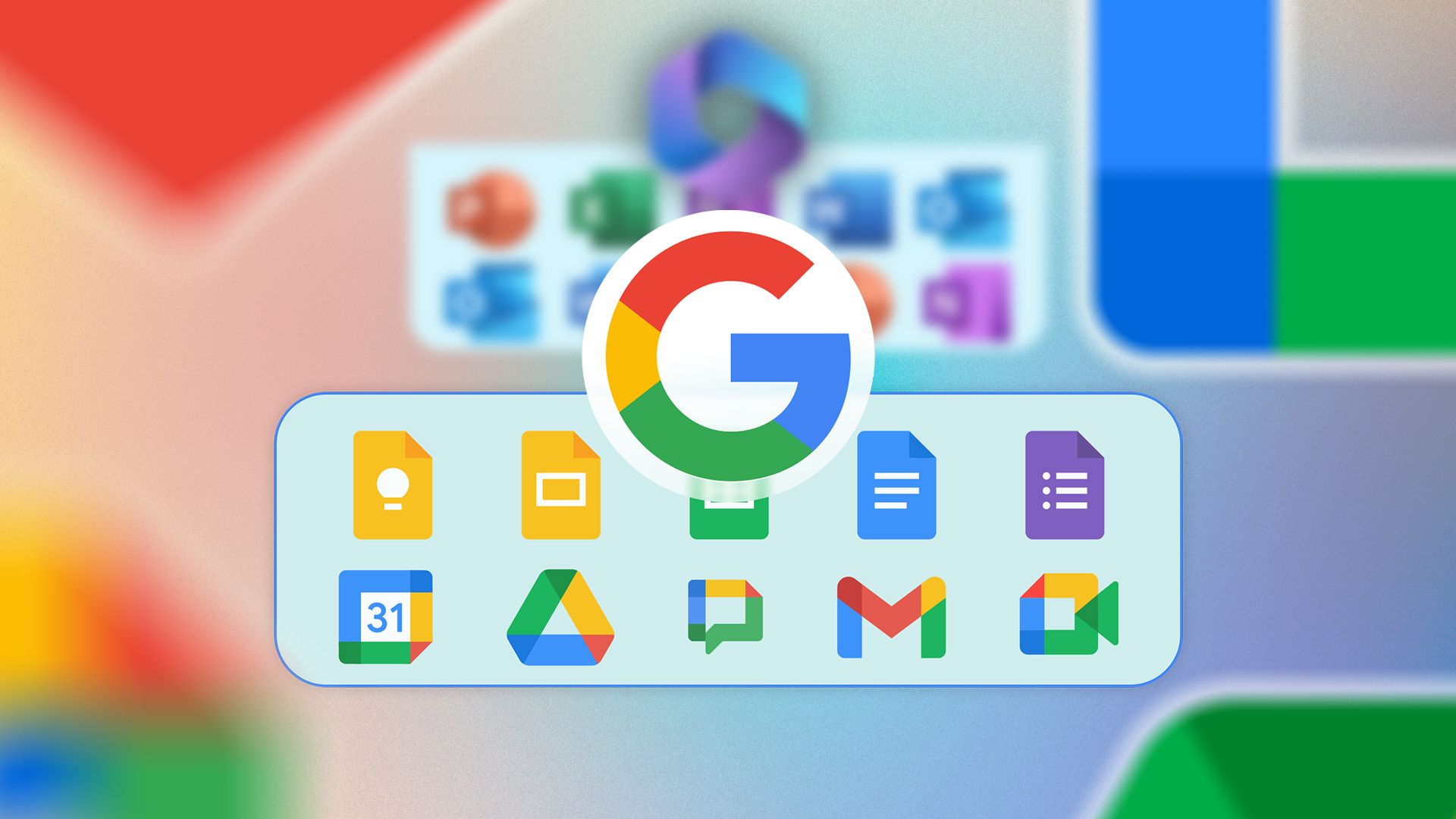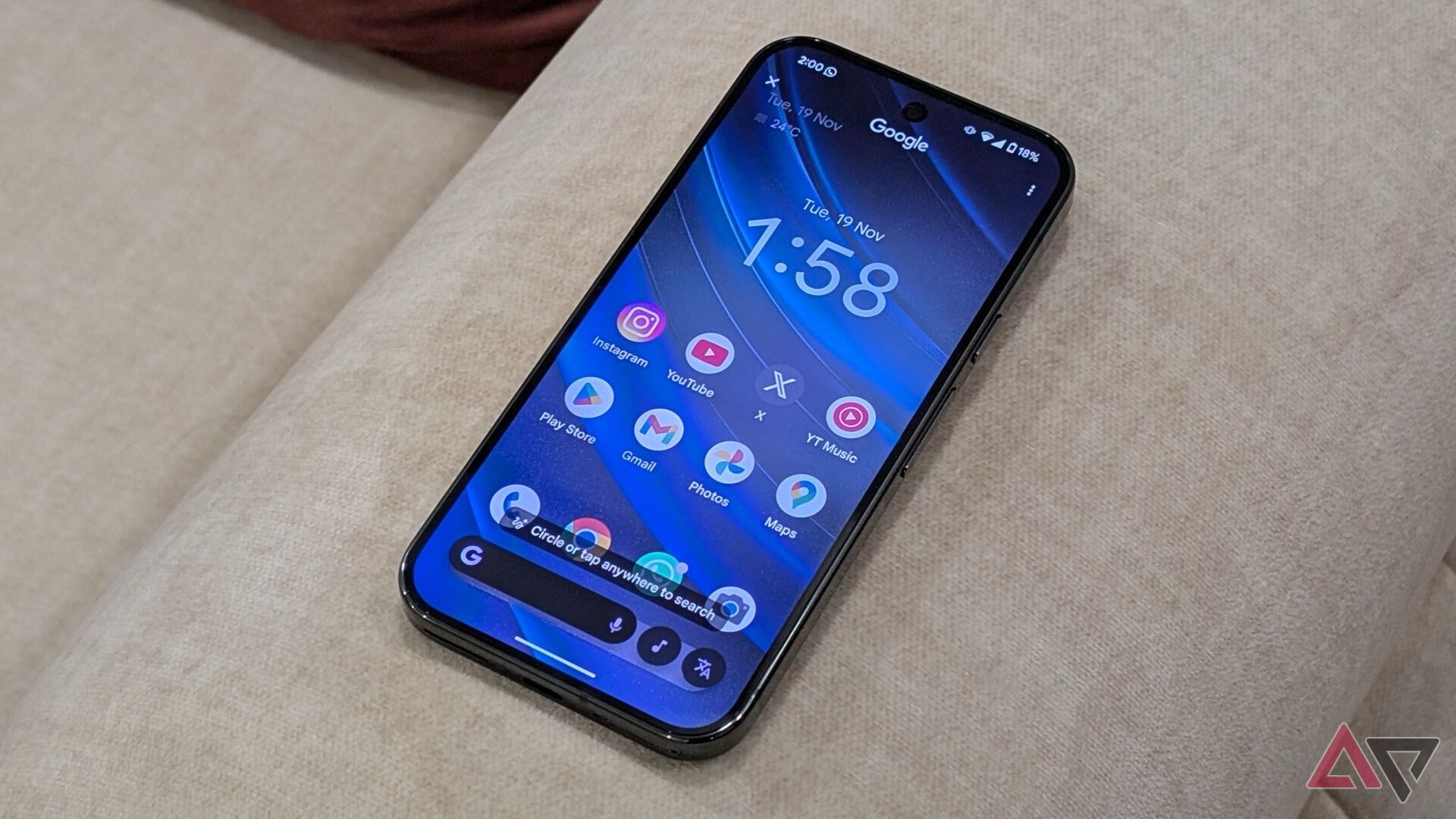While nothing is more exciting than unboxing a brand-new phone and setting it up, the prevalence of bloatware spoils the experience. Whether you have a Google Pixel or a flagship Samsung device, you cannot escape preinstalled apps. They take up your phone’s storage space, clutter the UI, affect performance, and drain battery life. Although you can remove bloatware by uninstalling unwanted apps, it can feel tedious. The bloatware problem remains even more persistent on budget and carrier-branded smartphones. It is clear that users are frustrated by the prevalence of preinstalled apps, so why isn’t Google making a better effort to clean up Android’s bloatware problem?
Related
32 preinstalled apps that you can safely delete from your Samsung Galaxy phone
Don’t let bloatware clutter your new device
How bloatware affects the Android experience
Although Android offers many customization features, it doesn’t provide users control over apps installed out of the box. Smartphone manufacturers and carriers often exploit this by loading their phones with unnecessary bloatware. Even worse, some apps can be difficult to uninstall and occupy storage space.
Here’s why Android users are frustrated by bloatware:
Bloatware affects performance and worsens battery drain issues
It’s no secret that preinstalled apps consume battery life and system resources by running in the background. It may not be apparent on your flagship device. However, it is a problem for budget phones with limited storage and RAM. As these apps run without your knowledge, your device’s performance gets adversely affected.
Privacy remains a concern
Some preloaded apps may collect excessive user data without consent. In some cases, manufacturers have even integrated ads into their default apps, such as Xiaomi’s MIUI or Samsung’s Game Launcher, further frustrating users.
Some apps cannot be uninstalled
You can remove most preinstalled apps on Android. However, you can’t uninstall system-related apps that are part of the OS. They’re crucial for the phone’s functions, so uninstalling the wrong app may cause issues. As a workaround, you can tidy up your phone’s home screen by hiding unwanted apps in a separate folder.
Has Google made any attempts to reduce bloatware?
While Google has made some attempts to fix the bloatware issue, it doesn’t appear to have done much. It introduced some guidelines requiring smartphone manufacturers to offer better ways to remove some preinstalled apps. However, many companies continue stuffing phones with bloatware due to the lack of stringent enforcement.
A cleaner experience with Android One
In 2014, Google introduced the Android One program for third-party affordable phones running near-stock Android versions. It was designed to offer a clean, bloat-free Android experience. However, it never took off as expected, struggling to gain momentum over the years.
Preinstalled app restrictions in the EU
The European Union (EU) has been pressuring Google to rethink its policy on preinstalled apps. Regulators tried to level the playing field with the Digital Markets Act (DMA). After a preliminary investigation, it found that the company is in breach of the DMA as Google favors its own products.
How Google should tackle bloatware
Google must lay down stronger policies and ensure strict enforcement. Google and smartphone manufacturers must give users more control over what app gets preinstalled.
A universal option that lets you uninstall all bloatware
Google should let users easily remove all preinstalled apps on their phones. They should be able to uninstall carrier-specific apps, so users can start with a barebones Android setup. Everyone should have the freedom to choose which apps they want to download.
Enforce stricter guidelines for OEMs
Manufacturers and network providers profit from preinstalled apps as they often work with developers to include preloaded software in exchange for financial incentives. Many affordable and mid-range devices come with numerous third-party applications. It may comprise shopping apps, social media platforms, productivity apps, games, and antivirus software that users may not need.
Google is guilty of this practice as well, since it stuffs its products into its phones. If the company cannot eliminate all bloatware, it must enforce stricter guidelines to limit the number of third-party apps preinstalled on a device.
Increase transparency during setup
Android should offer an option to opt out of apps during the initial setup. Some smartphone manufacturers like Samsung let users deselect some suggested apps. However, Google should make this practice standard across all Android devices.
Remove ads in system apps
Xiaomi’s MIUI and Samsung’s One UI are notorious for embedding advertisements in system apps like File Manager and Weather. Such intrusive ads ruin the experience. Google must require manufacturers to comply with a no-ads policy for system apps.
Offer better Play Store alternatives for essential apps
Most manufacturers try to justify bloatware as necessary and install it during setup. Users should get the option to choose essential apps from a list instead of automatically downloading from a set of pre-selected apps. The Google Play Store can prominently display essential apps during setup to make things convenient.
Related
8 exciting Android apps you won’t find on the Google Play Store
8 interesting non-Google Play Store apps to try right now
Google should fix the bloatware problem ASAP
Whether you use a flagship or budget phone, bloatware is unavoidable. The reality is that such apps are a menace as they occupy crucial phone storage, send numerous spam notifications, and drain battery life. Although Google can implement policies to crack down on bloatware, it hasn’t applied stringent guidelines. Users must rely on regulatory bodies to stop smartphone manufacturers from stuffing phones with bloatware. Until then, our only option is to manually uninstall unwanted apps.






